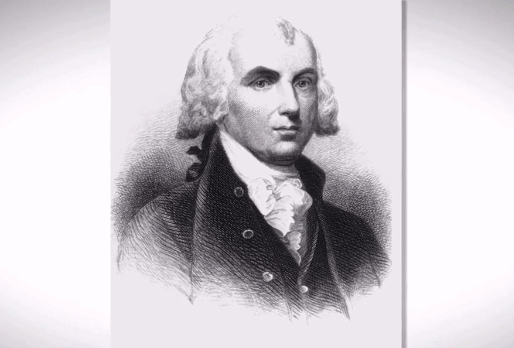The United States Electoral College consists 538 electors with a majority of 270 electoral votes required to elect the President. The state’s entitled allotment of electors equals the number of members in its Congressional delegation.
There’s been disenchantment with recent elections when some presidential candidates won the popular vote yet failed to become president.
Akhil Reed Amar, author of “Constitution Today” noted that when the idea of the direct popular election was floated, James Madison said while the idea sounded good, “the problem is the north will outvote the south every time.”

The framers of the constitution then formulated the Electoral College system by which each state gets a certain number of electoral votes based on that state’s population and in that calculation, as Madison put it, slaves got factored in albeit with a three-fifths discount.
The Electoral College enabled the south to have more weight in the system than it would have had in a direct electoral system, according to Mr. Amar.

“Thomas Jefferson got an extra boost because the southern states got to count their slaves,” he noted, adding, “he got thirteen extra electoral votes in the election of 1800.”
Ultimately Amar makes the case that the Electoral College was birthed not because it was undemocratic nor was it to create a balance between big and small states rather to balance the interest of the free states against the interest of the slave states.
He concluded, “The Electoral College was part of a compromise and a compromise of slavery.”











